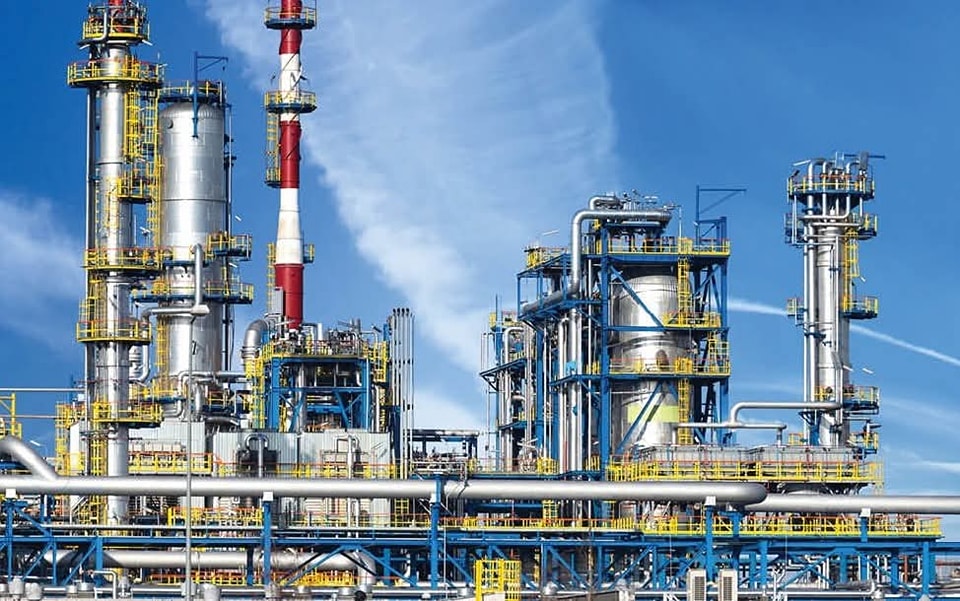
Senegal is planning the construction of second refinery,SAR 2.0,by 2029,to increase its annual refining capacity and put an end to its paradox: exporting crude and importing refined fuel although it joined Africa’s oil-producing nations in 2024.
Actually,Senegal finds itself in a paradoxical position: exporting its crude to Europe while importing both Nigerian oil and Russian fuel to meet domestic needs.
Senegal’s lone refinery in Dakar,designed to process light,sweet crude,currently runs on Nigeria’s Erha blend. Its own production from the Sangomar field — 100,000 barrels per day of heavier,sour crude — is unsuitable for the refinery’s configuration. Consequently,nearly all of Senegal’s crude is shipped to Europe,with Spain,Italy,and the Netherlands among the top buyers. Industry data from analyst firm Kpler show that Senegal imported 30,000 barrels per day (kbd) of Nigerian crude to feed the 30 kbd Dakar Refinery in recent months. Meanwhile,the country imported 90–100 kbd of refined fuels in 2024–2025 — 60% of which came from Russia,including diesel and fuel oil.
To address this dependency,Senegal plans to construct a second refinery,by 2029. Backed by interest from China,Turkey,and South Korea,the $5 billion project aims to add 4 million tons of refining capacity annually,using Sangomar crude as feedstock. “This gap we will cover,” said Mamadou Abib Diop,CEO of the national refining company SAR,adding that this “second refinery (will) add 4 million tons of processing capacity per year.” Until the new facility comes online,Senegal’s energy balance remains precariously reliant on imported crude and fuel — underscoring broader challenges in Africa’s downstream oil sector despite rising domestic production.
United News - unews.co.za